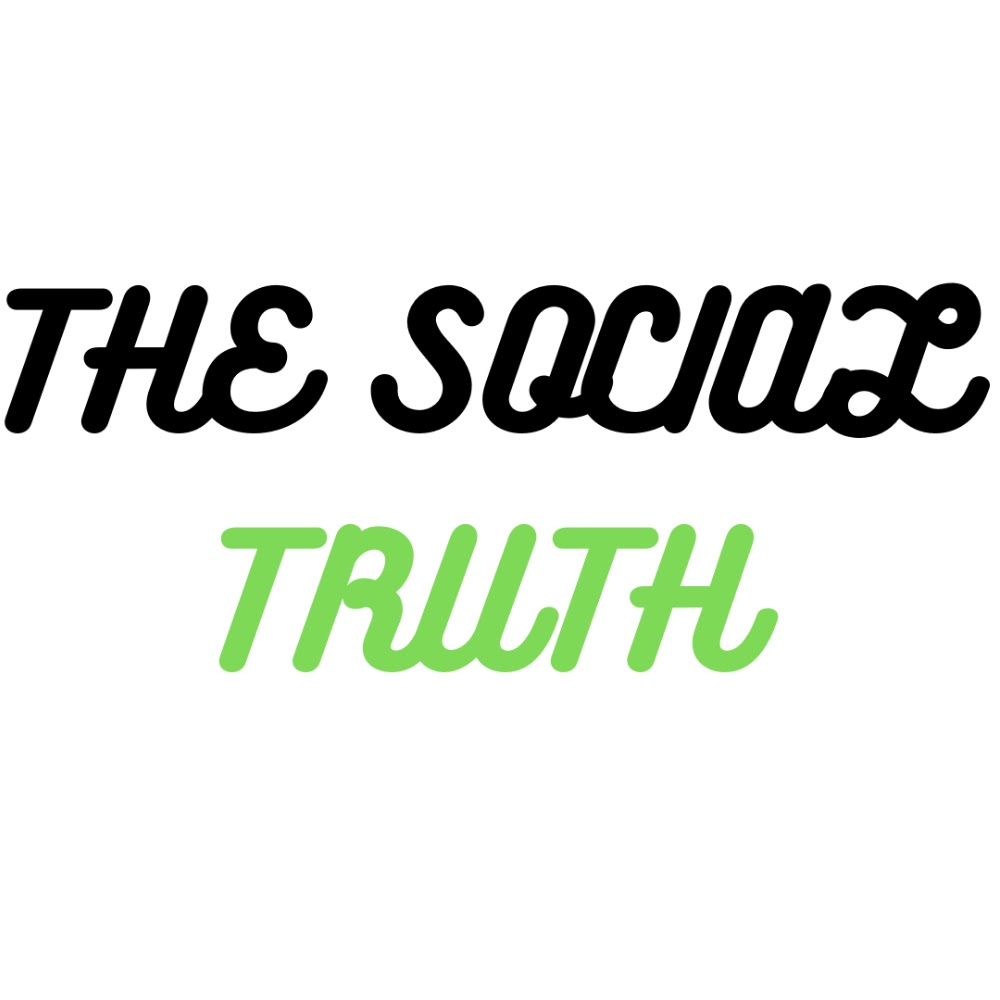Music has an incredibly powerful effect on the human brain.
Everyone has their own personal equation with music, it's a wonder drug that sets a lot of things right. It
energizes your mind, eases stress, evokes emotions and soothes your soul. It
can even heal a patient suffering from serious traumatic brain problems.
Studies show that people with serious brain injuries heal through music therapy, it helps them to manage epilepsy, depression, Parkinson, Alzheimer, traumatic brain injuries or with PTSD (post-traumatic stress disorder).
Research shows that music can uniquely form new connections in the
brain. Listening to music also improves neuron repair better than other
activities such as listening to an audiobook, which may mean the brain functions
better and builds new connections. Music affects the brain in observable and
repeatable ways, it enables researchers and therapists to design specific
interventions to achieve the results a patient requires.
The role of music in therapy has gone through some dramatic shifts in the past 15 years, driven by new insights from research into music and brain function. Biomedical researchers have found that music is a highly structured auditory language involving complex perception, cognition, and motor control in the brain, and thus it can effectively be used to retrain and reeducate the injured brain.
Now researchers are turning to music as a possible treatment for stroke, brain injuries and even Parkinson’s. Doctors and researchers are employing music to retrain the injured brain. Studies by the authors and other researchers have revealed that because music and motor control share circuits, music can improve movement in patients who have suffered a stroke or who have Parkinson’s disease. Future findings may well indicate that music should be included on the list of therapies for a host of other disorders as well.
 |
Singer Renee Fleming looks at a brain scan with NIH
neuroscientist David Jangraw after singing in the MRI machine, at the National
Institutes of Health in Bethesda, Md.
One
such treatment currently being investigated for use is Neurologic Music
Therapy.
What is Neurologic music therapy?,
Neurologic music therapy utilizes music, rhythm, and beat to help
retrain the brain. This is appealing for stroke survivors because rewiring the
brain, a process formally known as neuroplasticity, is the essence of recovery.
Neurologic Music Therapy (NMT) is the culmination of music therapy, neurology,
and brain sciences and is classified into 20 scientific and evidenced-based
music interventions.
Neurologic music therapy works a bit like physiotherapy or speech
therapy, in that it aims to help patients manage symptoms and function better
in their daily life. Therapy sessions use musical or rhythmical exercises to
help patients regain functional skills.
Neurologic music therapy focuses on activating and stimulating
areas of the brain which may have been damaged — such as the prefrontal cortex,
an area of the brain responsible for planning, decision-making, problem solving
and self control.
A certified Neurological music therapist is ideally someone with a
degree in music who gets MT-BC (Music Therapist Board Certified) credential to
start clinical practice. The therapists draw upon their extensive knowledge of
music and its principles to help patients overcome their impaired cognitive,
motor and sensory functions.
 |
| Music can improve your brain power and concentration |
Proven Benefits of Music Therapy,
-Music therapy reduces anxiety and physical effects of stress
-It improves healing.
-It can help manage Parkinson’s and Alzheimer’s disease
-Music therapy reduces depression and
other symptoms in the elderly
-It helps to reduce symptoms of
psychological disorders including schizophrenia
-Music therapy improves
self-expression and communication
Interesting Facts and Statistics of musical therapy,
-Music triggers activity in the same
part of the brain that releases dopamine (the ‘pleasure chemical’)
-Music triggers networks of neurons into an organized movement
-Learning a musical instrument can
improve fine motor and reasoning skills.
-86% of users of the Nordoff-Robbins
music therapy services said that music therapy had enabled them to develop
social skills and interaction
-Your heartbeat changes to mimic the
music that you listen to
-Distinguishing changes in sounds were found to be equipped in
those as small as a developing fetus.
-Listening to happy vs. sad music can affect the way you perceive
the world around you.
-An “earworm” is a song that you can’t
seem to get out of your hear
-A ‘brain itch’ is a need for the brain to fill in the gaps in a
song’s rhythm.
-Music therapy can be used for
facilitating movement and overall physical rehabilitation and motivating clients to cope with treatment. It
can provide emotional support for clients and their families, and provide an
outlet for expression of feelings.
How does musical therapy increase your brain
power?,
We can't ignore the brain-music
connection. Music therapy can be highly personalized, making it suitable for
people of any age even very young children can benefit.
Music therapy can reduce anxiety,
blood pressure, pain and can improve your brain-power, sleep quality and
mood. If you are struggling with productivity and the ability to process
complex information, listening to music can help you concentrate.
Music can activate regions of the
brain that influence things like memory, emotions, movement, sensory relay,
some involuntary functions, decision-making, and reward. It can improve
self-expression and communication. Music therapy can increase positive
feelings, like: calmness, euphoria, confidence and empowerment, emotional
intimacy.
Music, whether taught in or outside
of school, helps students to increase their brain power, concentration and
excel in the following ways:
-improved language development
-small increase in IQ
-improved test scores
-increased brain connectivity
-increased spatial intelligence











0 Comments